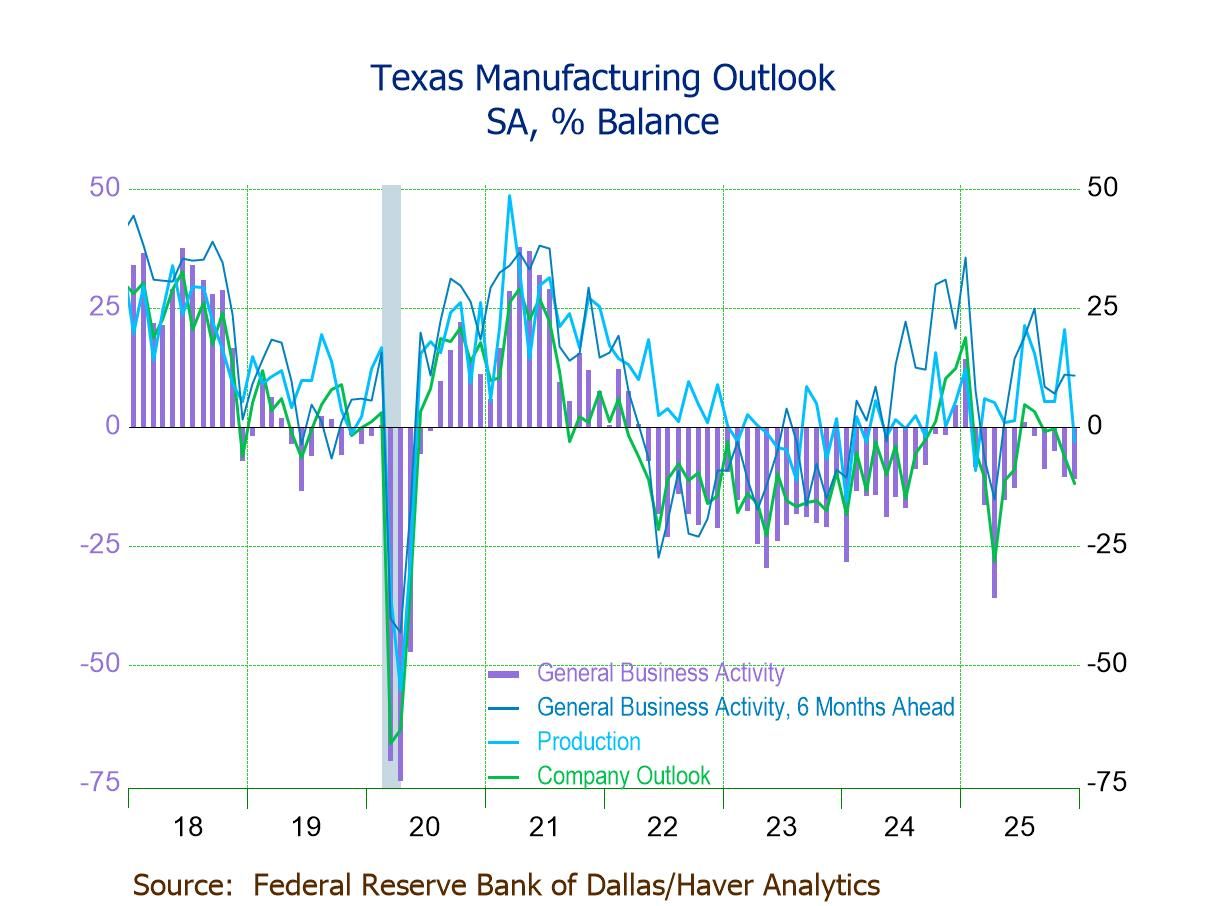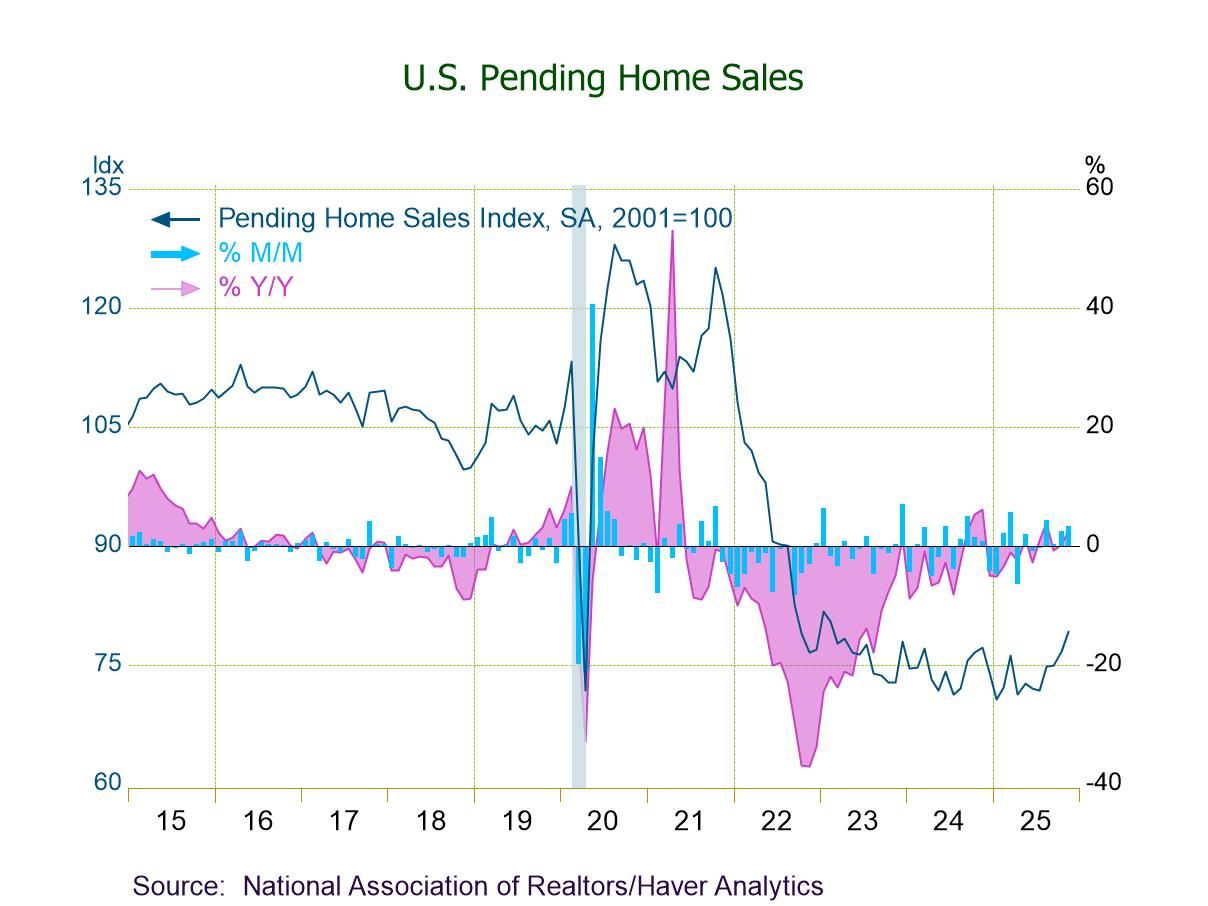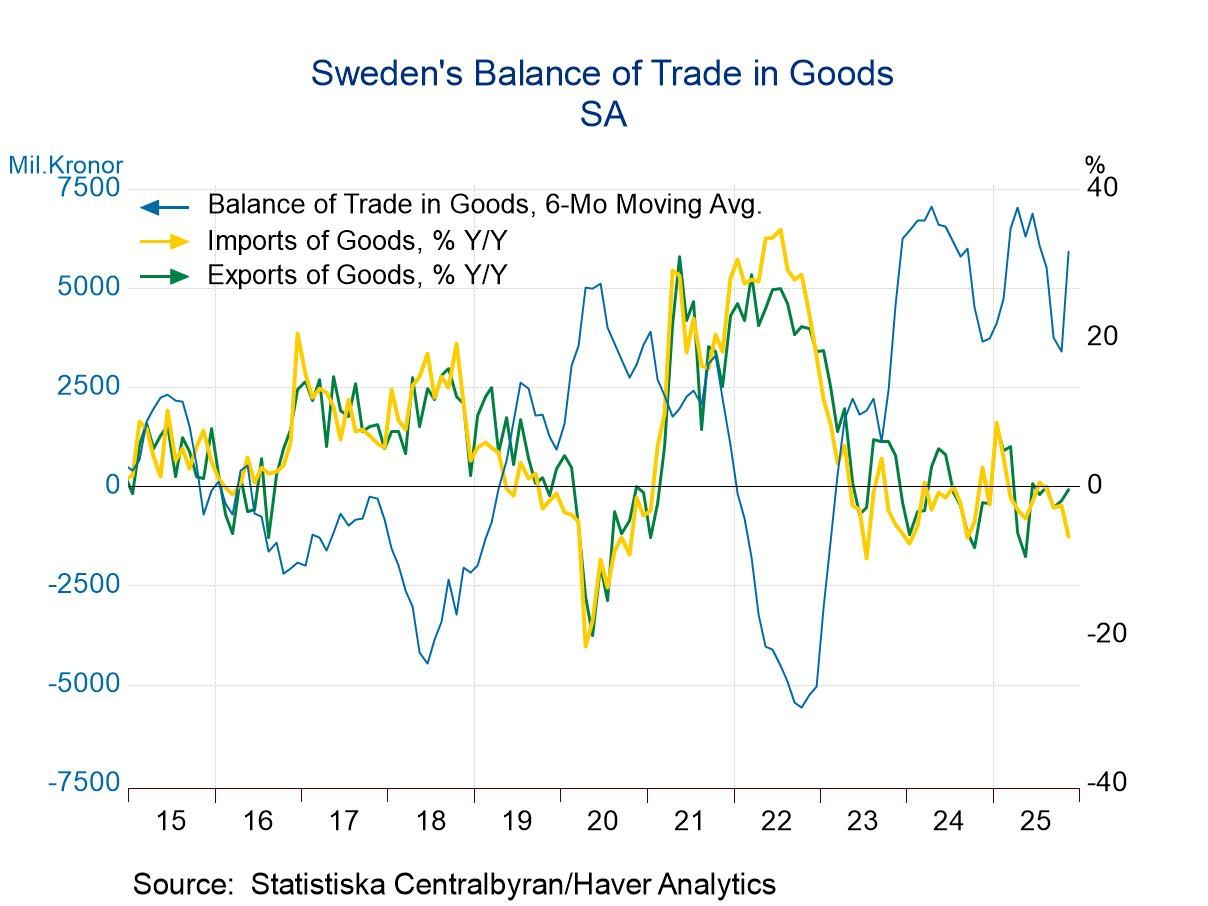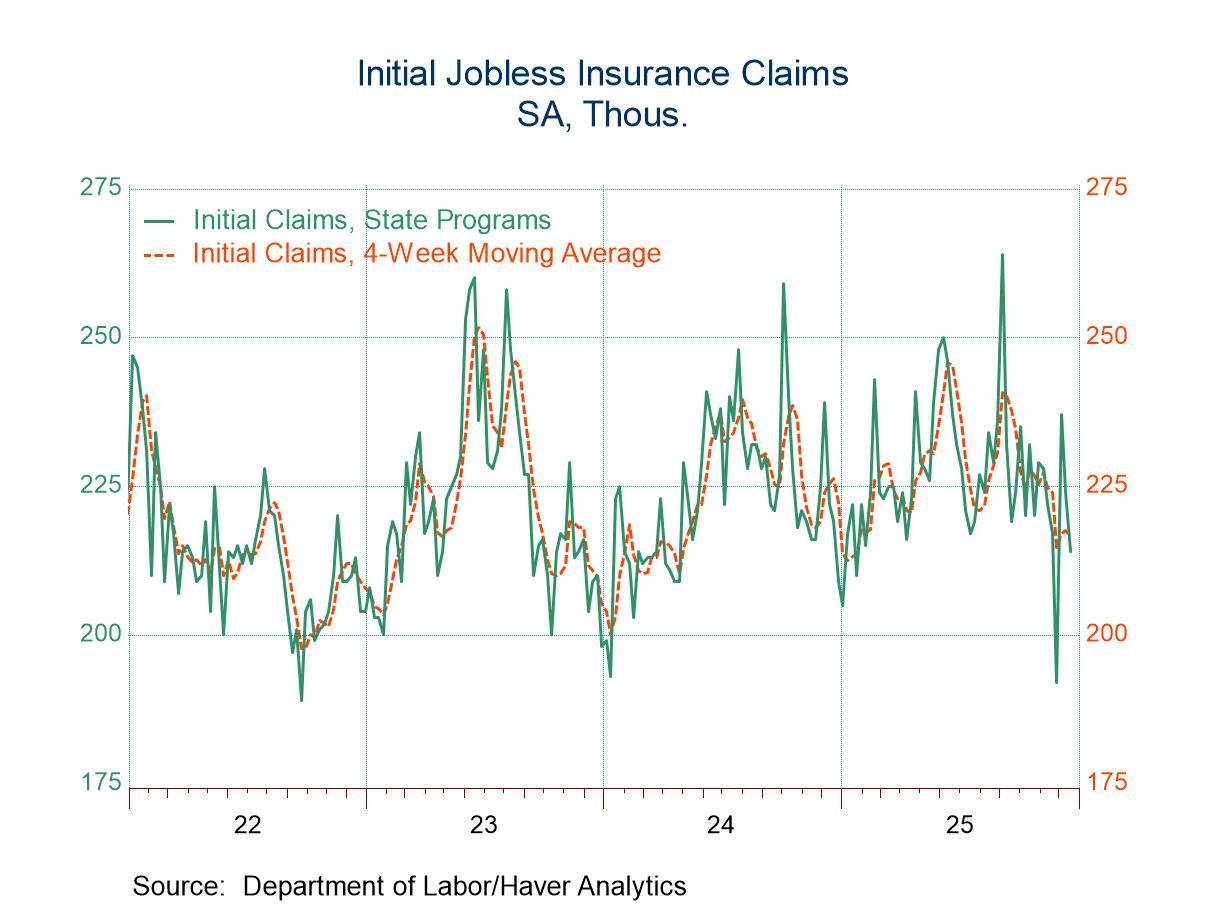 Global| Mar 19 2015
Global| Mar 19 2015Japan's Sector Indices Struggle to Hold Ground
Summary
Japan's sector indices improved month-to-month in three of four sectors as well as overall. But year-over-year all sectors are lower and all sectors have been net lower over 12 months for seven months in a row. The Bank of Japan has [...]
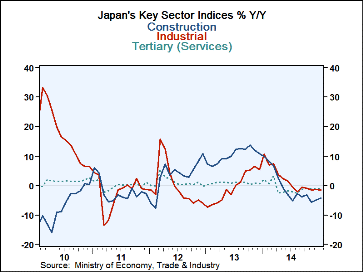 Japan's sector indices improved month-to-month in three of four sectors as well as overall. But year-over-year all sectors are lower and all sectors have been net lower over 12 months for seven months in a row.
Japan's sector indices improved month-to-month in three of four sectors as well as overall. But year-over-year all sectors are lower and all sectors have been net lower over 12 months for seven months in a row.
The Bank of Japan has clung to its outlook that the economy continues its moderate improvement. But its outlook for inflation has begun to prevaricate. Japan is clearly still struggling as the sector indices tell us.
On the good news front, the Kyushu Electric Power Company plans to restart a nuclear reactor in Japan in July. That will be the first nuclear restart in about two years since nuclear guidelines were tightened in the wake of the Fukushima nuclear disaster. This is a potentially very important development for Japan's economy and trade picture since Japan has been forced into massive petroleum imports in the wake of the nuclear shutdown. Bringing its nuclear capacity back on line will allow Japan to greatly reduce its imports of petroleum and to improve its trade balance.
Japan's sector indices tell us a story of a still weakened economy. The overall `all-industry' index sits in the 62nd percentile of its historic queue (or rank) of data. That means the index is weaker 62% of the time and stronger only 38% of the time. That leaves it above its historic midpoint (at the 50% mark) but still not strong and just short of a top two-third standing. The construction sector sits only in the 37th percentile of its queue, marking its level as nearly in the bottom one-third of its historic data ranks. Industry (or manufacturing) has a 57th percentile standing which is still quite moderate. The Tertiary sector, or services sector, has a 70th percentile standing.
Japan's sectors, while stronger this month on balance, lack any significant upward momentum. The BOJ still brands the economy as showing moderate growth, but its warning about a potential slippage in inflation may belie some concerns about the eventual evolution of growth. Japan is not showing any tendency to accelerate. The economy is either floundering or engaged in a moderate expansion, not the best of tradeoffs especially with policy already so committed to providing whatever stimulus it can.

Robert Brusca
AuthorMore in Author Profile »Robert A. Brusca is Chief Economist of Fact and Opinion Economics, a consulting firm he founded in Manhattan. He has been an economist on Wall Street for over 25 years. He has visited central banking and large institutional clients in over 30 countries in his career as an economist. Mr. Brusca was a Divisional Research Chief at the Federal Reserve Bank of NY (Chief of the International Financial markets Division), a Fed Watcher at Irving Trust and Chief Economist at Nikko Securities International. He is widely quoted and appears in various media. Mr. Brusca holds an MA and Ph.D. in economics from Michigan State University and a BA in Economics from the University of Michigan. His research pursues his strong interests in non aligned policy economics as well as international economics. FAO Economics’ research targets investors to assist them in making better investment decisions in stocks, bonds and in a variety of international assets. The company does not manage money and has no conflicts in giving economic advice.



